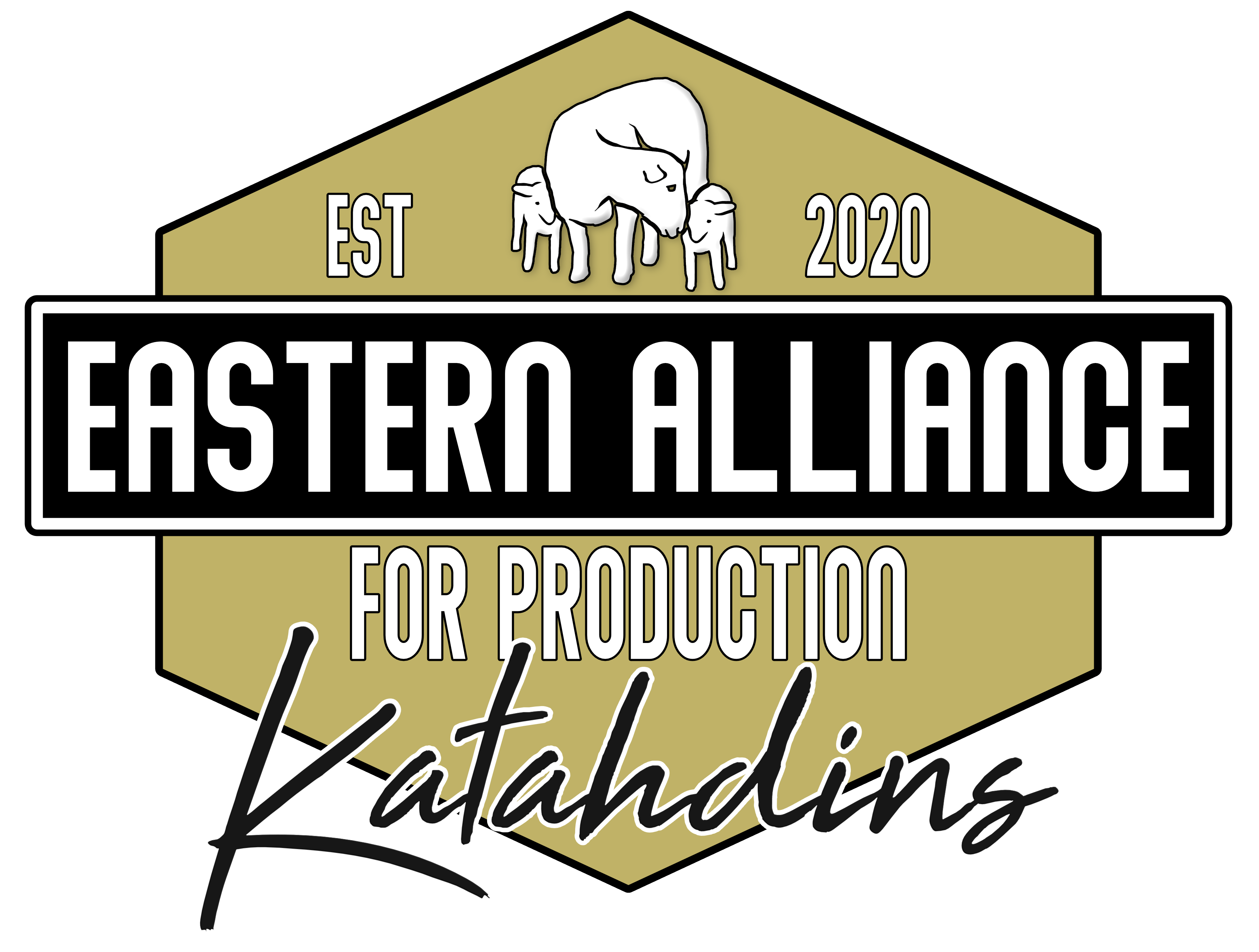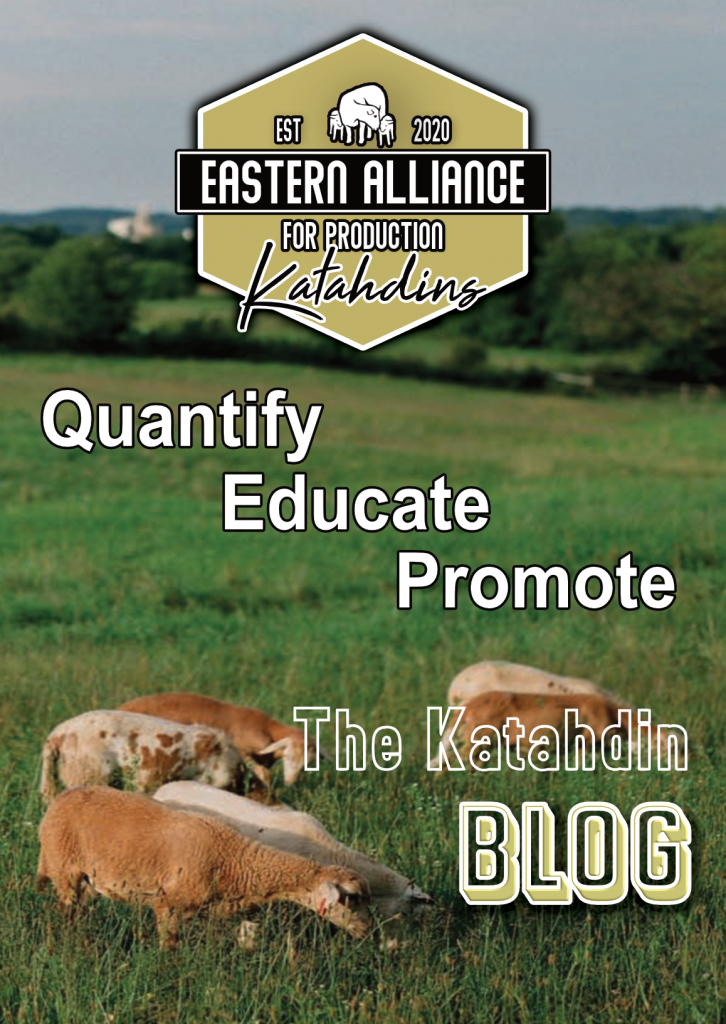Colostrum
The best diet that you can offer your lambs is good quality colostrum, followed by milk that they consume straight from their healthy, well-fed dam. Unfortunately, things do not always go as planned and all shepherds should be ready to, at least temporarily, supplement or replace a lamb’s colostrum needs


